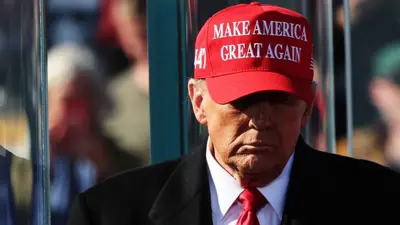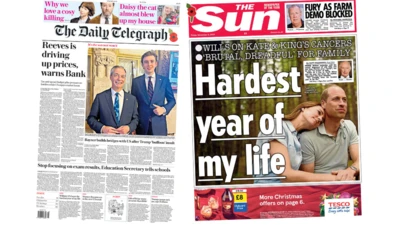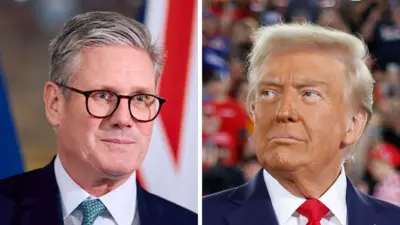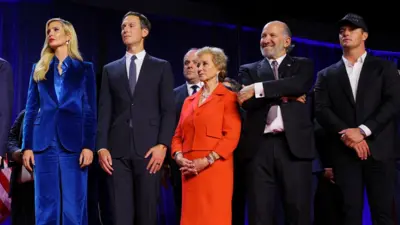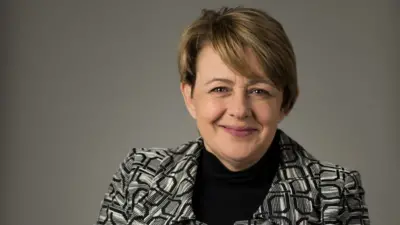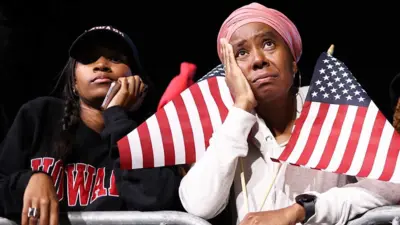We've updated our Privacy and Cookies Policy
We've made some important changes to our Privacy and Cookies Policy and we want you to know what this means for you and your data.
RHI inquiry: Official thought RHI had 'big red button'
- Author, Conor Macauley
- Role, 91ČČąŹ NI Agriculture & Environment Correspondent
A senior finance official who had an important role in approving a botched green energy scheme said he thought the fund had "a big red button".
He was told by a colleague that it could be stopped "in year" if too many people applied.
The scheme subsidised the cost of fuel to encourage the use of renewable heating systems.
But the fuel cost far less than the subsidy users were receiving, meaning they could earn by burning more fuel.
Trevor Cooper was head of finance at the Department for Trade and Investment and chaired a key departmental scrutiny committee in March 2012 which reviewed arrangements for the project.
His evidence was read out at the inquiry into the Renewable Heating Incentive (RHI) on Friday, where it emerged that he did not ask for details of the stop mechanism.
The inquiry has already been told that the only way the scheme could have been stopped was through a public consultation on new regulations which would have required assembly approval - a lengthy process.
Panel member Dr Keith MacLean suggested that when he was told the scheme could be stopped "in year", a different form of words ought to have been used.
"Perhaps there was a letter missing. Instead of in year, it should have been in a year," he said.
The inquiry was told that Mr Cooper had a reputation as someone who was not an "easy touch" at the scrutiny committee.
But the inquiry chair Sir Patrick Coghlin said despite that reputation he had simply accepted reassurances from officials who were "selling the scheme".
He said given the nature of RHI, where once accredited, applicants had to be paid, Sir Patrick found it hard to understand why no one had tested the "big red button" assumption.
"No-one asked Mr Hutchinson what is your button, where is it, how do you work it?" he said.
'Unsure'
Earlier he said he questioned whether the department should have been running the scheme at all.
He said Invest NI might have been a more appropriate vehicle for such an economic policy.
"I don't believe anyone was trying to mislead, I think they actually believed what they were saying," Mr Cooper told the inquiry.
He said the RHI scheme was a complicated one that needed expertise and resource.
He said he had asked why Northern Ireland needed a distinct scheme, rather than having a distinct regional tariff administered through the existing GB scheme.
He said he was given a "lot of legal jargon" by the then head of DETI's energy division Fiona Hepper, about why that wasn't possible.
He accepted that his concerns were not reflected in the minutes of the meeting and he should have insisted that they were included.
Mr Aiken said it was a recurrent theme in Mr Cooper's evidence that he wished his actions had been recorded.
"You truly wish that what you remember happening was there to be read by the panel as opposed to just taking your word for it," he said.
Top Stories
More to explore
Most read
Content is not available
